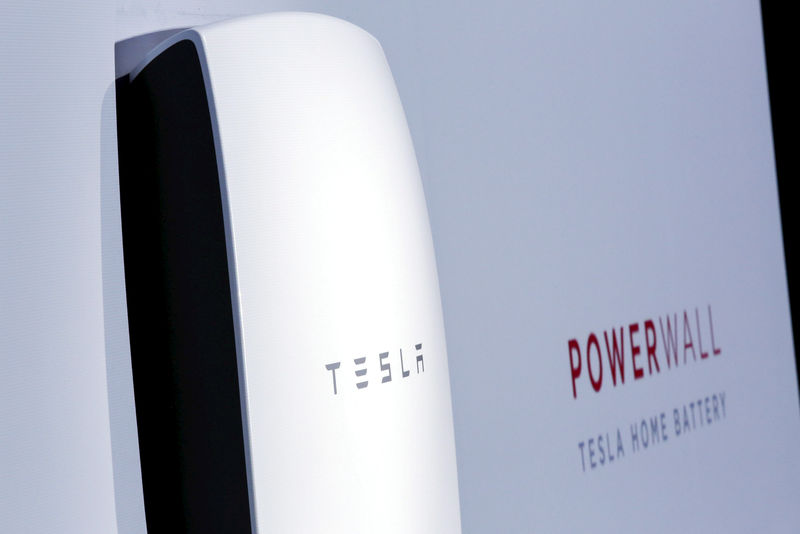This post was originally published on this site

TANGERANG, Indonesia (Reuters) – Indonesia said on Thursday it would give automakers two more years to qualify for electric vehicle incentives in Southeast Asia’s largest auto market, a move followed by investment commitments by China’s Neta EV brand and Mitsubishi Motors (OTC:MMTOF).
The moves announced at the Jakarta auto show come as Indonesia races Thailand and India to build out an EV industry as an alternative to China, the world’s largest producer.
Under the relaxed investment rules announced Thursday, automakers need to commit to producing at least 40% of the content of EVs in Indonesia by 2026 to qualify for incentives, two years later than the initial target. The 40% threshold had been set to encourage local battery production.
“The relaxation on the local content requirement is to attract the investors,” Indonesia’s industry minister Agus Gumiwang Kartasasmita told reporters on the sidelines of the Jakarta auto show.
Indonesia is Southeast Asia’s largest auto market and its second-largest production hub behind Thailand. Toyota, its affiliate Daihatsu and Honda account for two-thirds of sales but have been slow to pivot to EVs.
Indonesia’s government has set an ambitious target of producing some 600,000 EVs by 2030. That would be more than 100 times the number sold in Indonesia in the first half of 2023.
Indonesia had earlier said it would reduce import duties from 50% to zero for EV makers planning investments. That was seen as aimed at attracting Chinese EV makers and potentially Tesla (NASDAQ:TSLA), a company the government has long courted.
“We roll out incentives for all the global carmakers, not for a certain name only,” Agus said.
The industry ministry said Mitsubishi Motors had committed about $375 million to expand production, including for the Minicab-MiEV electric car. Mitsubishi said production of the EV would start in December.
Neta, an EV brand of China’s Hozon New Energy Automobile, said it had begun taking orders for the Neta V EV and would start local production in 2024.
Until now, only two manufacturers have shifted enough production to Indonesia to qualify for full incentives: Wuling Motors and Hyundai. Both have factories outside Jakarta and lead the market in EV sales.
Wuling offers the cheapest EV on offer in a market where analysts say affordability is one challenge to wider adoption. The Chinese carmaker plans to announce a cheaper version of the Air EV, starting at around $13,200, people familiar with its plans told Reuters.
Wuling did not immediately respond to a request for comment.
Toyota used its presentation at the Gaikindo Indonesia International Auto Show outside Jakarta to showcase locally produced hybrids. Toyota said it would deploy 200 charging stations at dealerships but had not committed to building EVs locally.
“We don’t have a concrete plan yet,” Hiroyuki Ueda, president of Toyota-Astra Motor, a joint-venture between the Japanese carmaker and Indonesian conglomerate PT Astra International, told Reuters.



